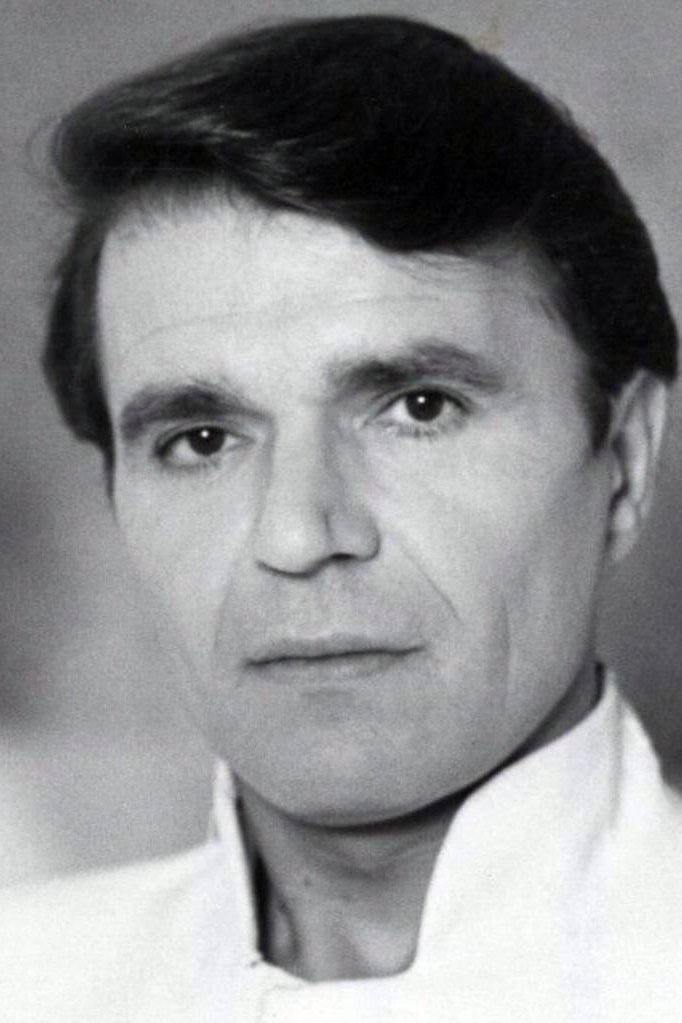
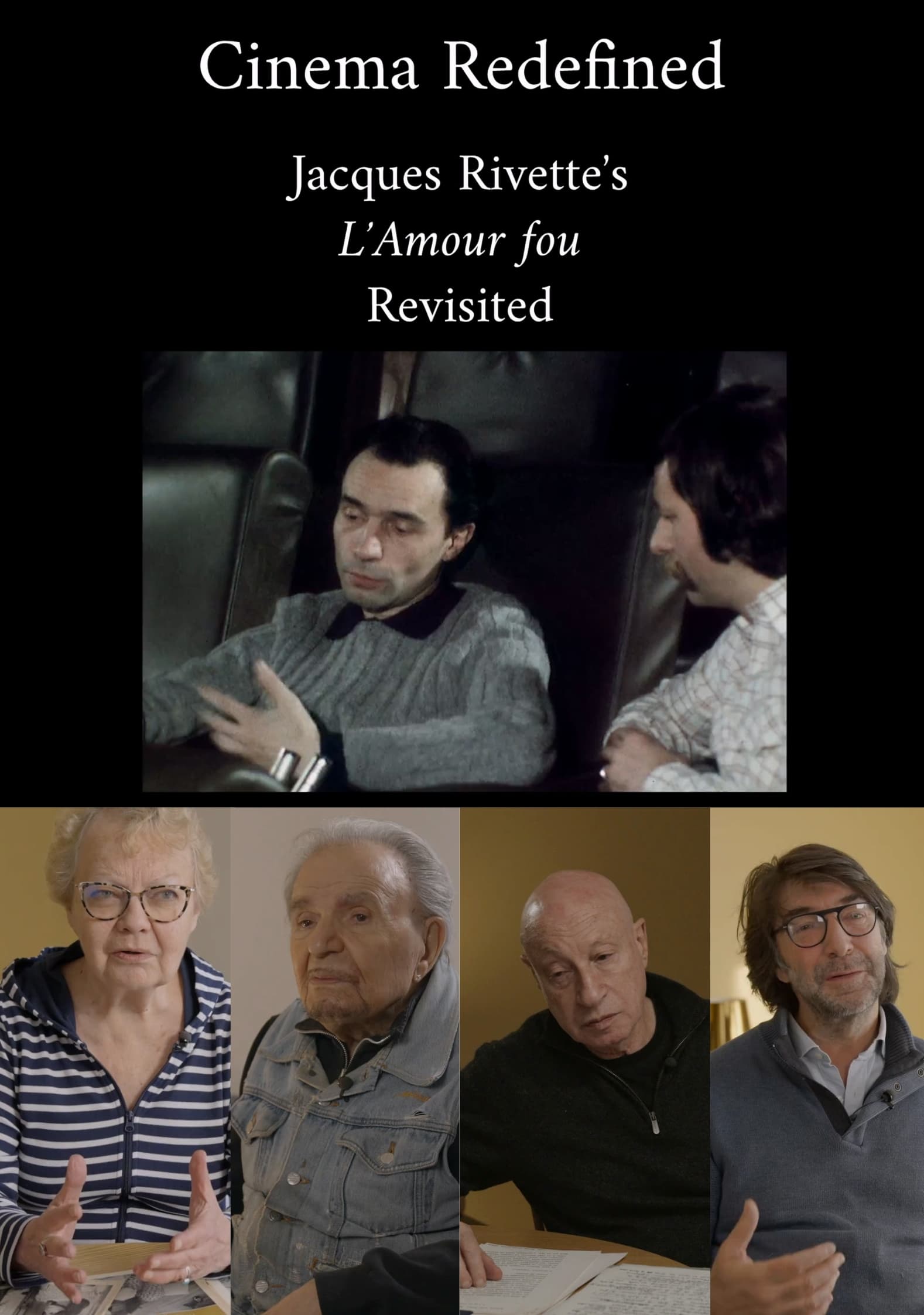
Robert Fischer’s CINEMA REDEFINED: JACQUES RIVETTE’S L’AMOUR FOU REVISITED features new interviews with star Jean-Pierre Kalfon; writer/director and Rivette collaborator Pascal Bonitzer; Rivette biographer Antoine de Baecque; critic/historian Sylvie Pierre; and archival footage of Jacques Rivette

A lost cat, a giant talkative frog and a tsunami help a bank employee without ambition, his frustrated wife and a schizophrenic accountant to save Tokyo from an earthquake and find a meaning to their lives.
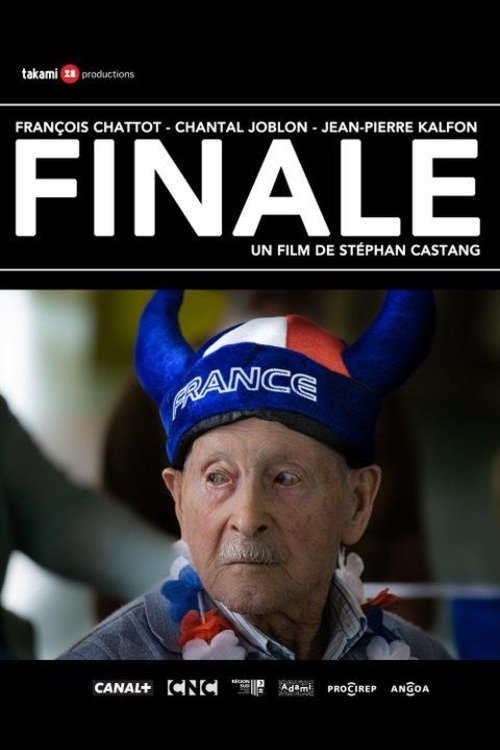
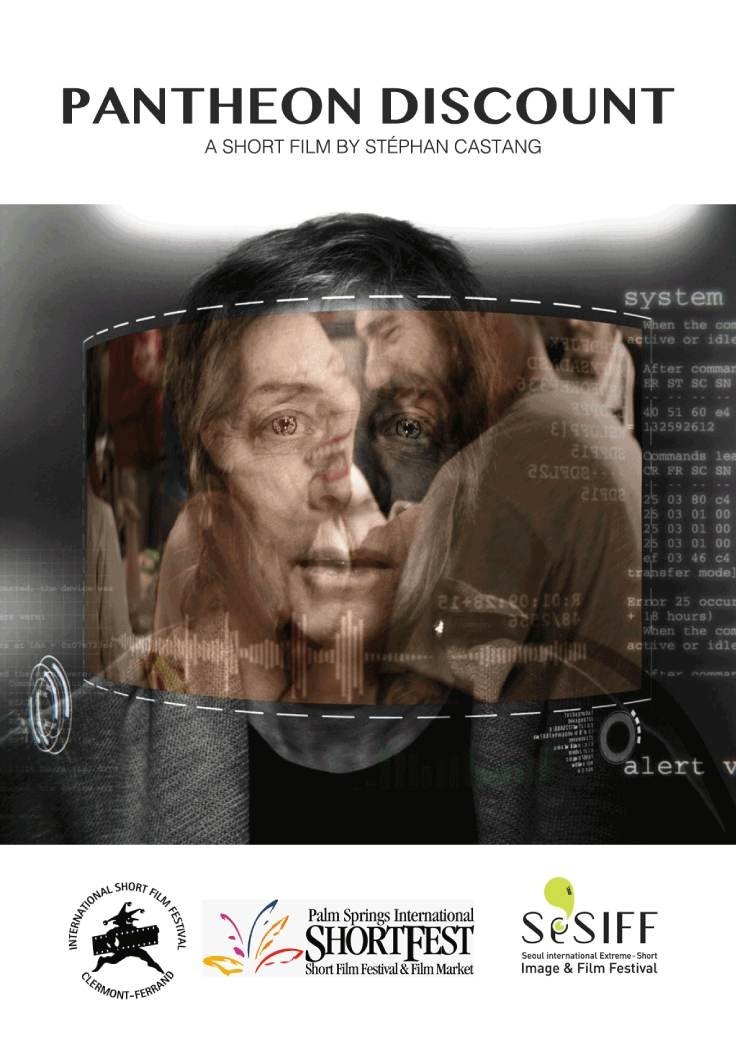
The year is 2050. Doctors have been replaced by a machine called Sherlock, a kind of super-scanner that not only diagnoses but also heals depending on the patients' means. Doctors have now become financial advisers who sell health insurance and solutions that are more or less drastic.

A journey in the company of Bernadette Lafont, French Cinema’s most atypical actress. Tracing her career from pin-up girl, to New Wave model of sexual freedom, to drug-dealing granny in the film Paulette, by way of La Fiancée du Pirate and Les Stances à Sophie, this film pays tribute to her extraordinary life and artistic odyssey. Her grand-daughters, Anna, Juliette and Solène, revisit the dreams of Bernadette, in the family home in the Cevennes region where they, like her, grew up. Her close friends, Bulle Ogier and Jean-Pierre Kalfon, reminisce on their artistic and human complicity. Throughout the film, Bernadette Lafont in person, with her inimitable character actress voice, re-evokes a life in cinema marked with insolence, courage and freedom.

In high summer, Sasha suddenly dies. Her death brings two virtual strangers, her boyfriend Lawrence and sister Zoé, closer together, sharing their grief and the burden of their loss in Berlin, Paris and New York.
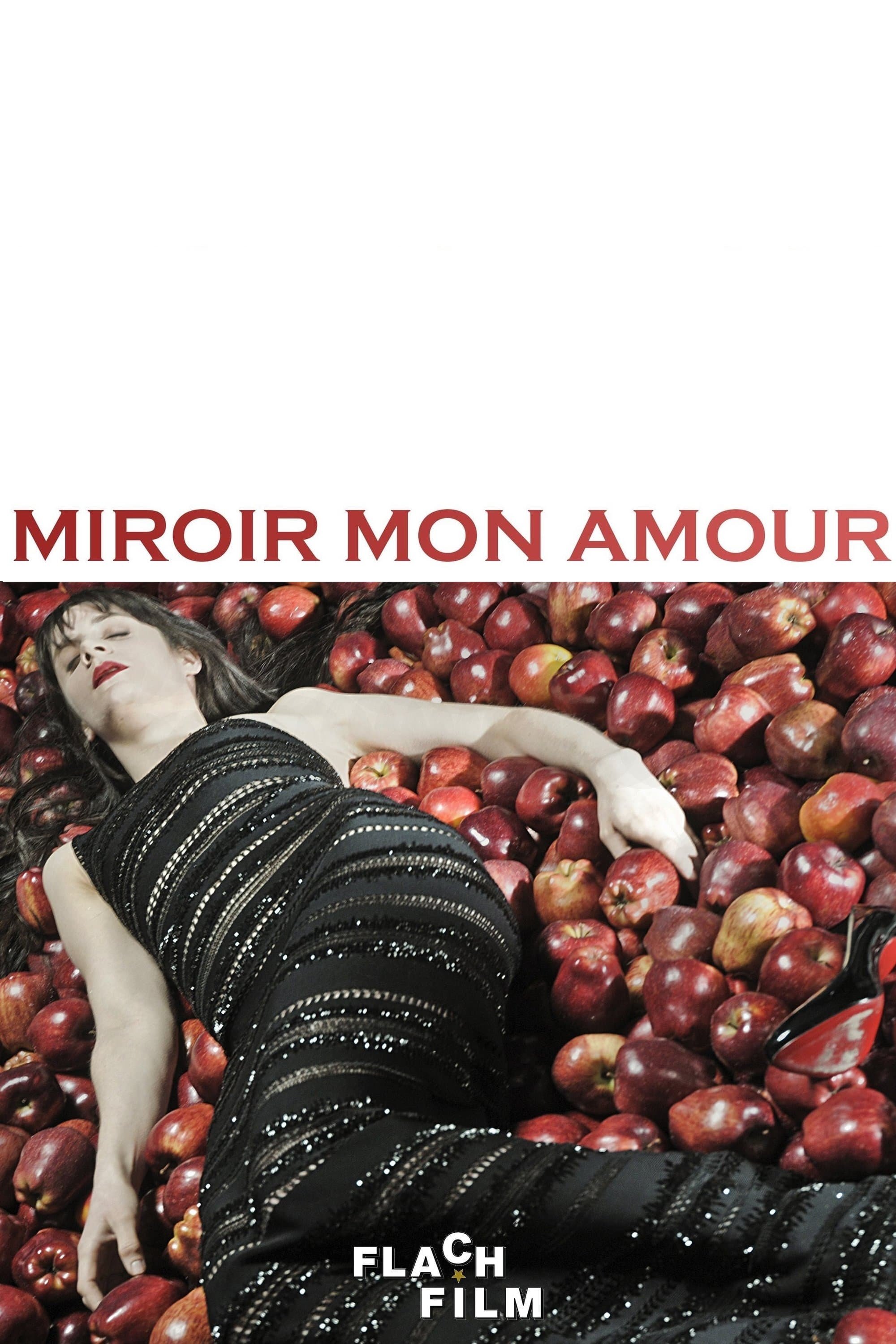
The story starts where the tale ends: Snow White wakes up to the age of sexuality and discovers a world where the dwarves have become tall, and her Prince Charming is deprived of charisma. And, most terrible of all, her mother is incomparably more sexy.

Over the course of more than fifteen years, Clémenti films a series of intimate diaries, starting from daily encounters. In La deuxième femme, we see Bulle Ogier and Viva, Nico and Tina Aumont, Philippe Garrel and Udo Kier, a performance by Béjart, a piece by Marc’O, concerts by Bob Marley and Patti Smith (not always recognisable)... It’s like a maelstrom of psychedelic images that are passed through a particle accelerator.
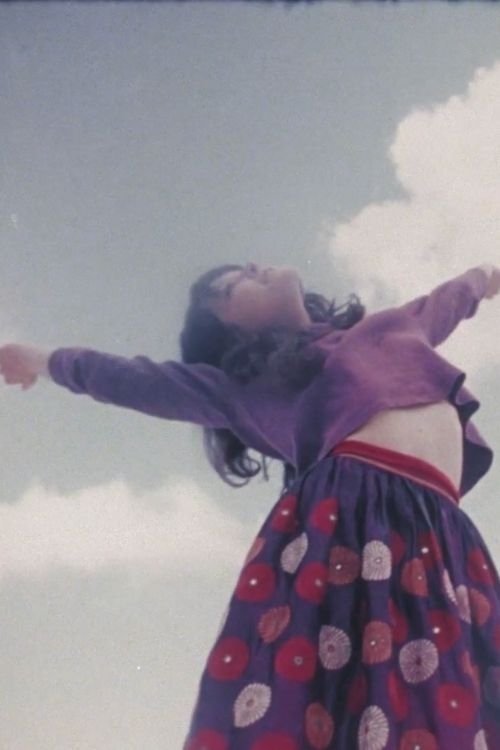
Positano is an island of the Amalfi Coast that Neptune would have, according to legend, created for the love of a nymph. Perched on the rocks of the island, the house of Frédéric Pardo and Tina Aumont became in 1968 a meeting place for the underground community. Pierre Clémenti stays there for a while and makes images of dazzling sensuality. Beyond Pierre Clémenti's intimate love of these faces and bodies often naked in this Mediterranean landscape, the film reveals the moving beauty of a utopia where living together could still be achieved in a territory of sharing and permanent creation. Flow of perceptions of consciousness, visual impressions, physical impregnations, the work of Pierre Clémenti is an ode to sensuality and "life-cinema".
Jean-Pierre Kalfon (born 30 October 1938) is a French actor and singer. Description above from the Wikipedia article Jean-Pierre Kalfon, licensed under CC-BY-SA, full list of contributors on Wikipedia.
By browsing this website, you accept our cookies policy.